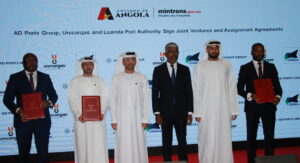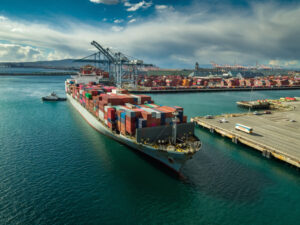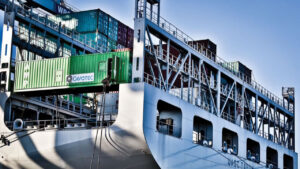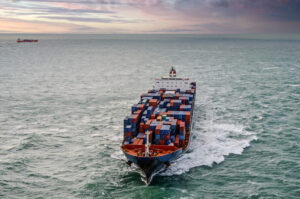The Port of Antwerp is working closely with local partners on the first open-access heat network in Belgium.
The port and waste management experts Indaver are to provide a core network for industry, after which network operator Fluvius will link up with a residential heat network on behalf of the City of Antwerp. Long-term agreements have been signed by the port, Indaver, Boortmalt, and Woonhaven to ensure the supply of heat and the development of this network.
The network underwent a long preparation phase before a final investment decision was made and identified great benefits for the local community.
When fully constructed, the network is said to be capable of delivering an annual CO2 saving of 80,000 tonnes. Additionally, when Boortmalt and Woonhaven are connected, the heat network will achieve an initial reduction of 35,000 tonnes of CO2 per year.
The heat network at the Port of Antwerp will consist of two major parts. Warmtenetwerk Antwerpen Noord will be responsible for the first part of the route which connects the heat supply to Boortmalt. This includes its construction and operation. The second part, the residential heat supply, is being realised by Fluvius on behalf of the City of Antwerp and aims to connect its buildings with some 3,200 homes in the Luchtbal and Rozemaai districts to the system.
As the network is open access, additional suppliers and/or customers of heat can join at a later stage.

“For Indaver, waste is not an end product. We supply the residual heat from the thermal processing of water to Boortmalt and, in time, also to residential areas, schools and public buildings,” said Paul De Bruycker, CEO of Indaver.
“In this way, we are closing the loop and offering a sustainable alternative to fossil fuels. This project is an example of the industry’s commitment to helping achieve climate targets effectively.”
Annick De Ridder, Chairman of the Board of Directors for the Port of Antwerp, added “The transition from fossil to renewable energy is not only a question of more green electricity or clean fuels. Making heat more sustainable is also essential, in order to heat buildings or create process heat for industry.
“The Antwerp North Heat Network will use process heat not only for industry but also to heat buildings in the city, good for a reduction of 80,000 tonnes of CO2 emissions a year. In this way, the Port of Antwerp, together with local partners, is once again taking the lead in the transition to a climate-neutral port.”
Yvan Schaepman, CEO of Boortmalt, also commented “Sustainability is at the heart of our business strategy. We are determined to help make a difference. We are working on a series of concrete targets in line with our SBTi 1.5°C commitment to halve our carbon footprint by 2030. But we are taking it one step further and are already looking at how we can bring our emissions to zero well before 2050.
“We also believe in the power of cooperation to achieve these ambitions. This project fits right into this approach and we are particularly proud of it, as Antwerp is our largest site, and our headquarters are located here.”
The Port of Antwerp has also been working toward greener operations through the use of hydrogen and green fuels.
During Energy Day at the COP26 in Glasgow on 4 November 2021, the port signed a Memorandum of Understanding (MoU) with the Port Zeebrugge and the Chilean Ministry of Energy to commit to working together to make green hydrogen flows between Chile and Western Europe.









